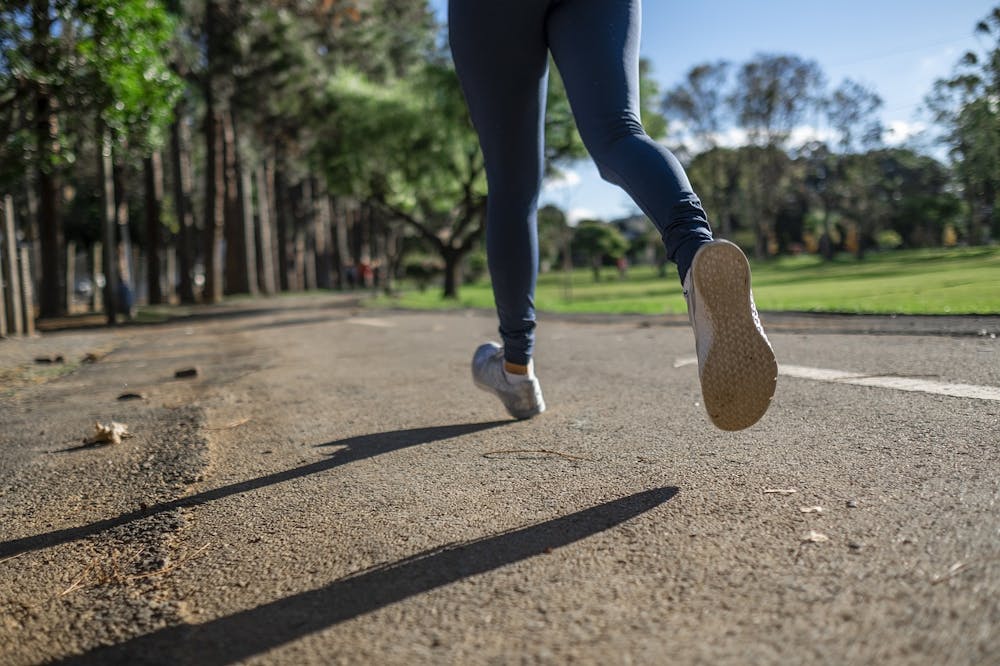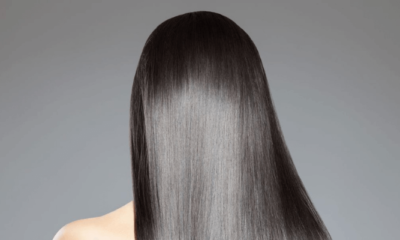Garlic is more than just a flavour enhancer; it offers numerous health benefits that have been celebrated for centuries. Incorporating garlic into your meals not only enriches the taste but also boosts your overall well-being.
Let’s explore five key health benefits of garlic, emphasising why this simple ingredient deserves a spot in your kitchen.
1. Boosts Heart Health
Garlic is renowned for its heart-protective properties. It helps lower blood pressure and reduces cholesterol levels, which are crucial factors in maintaining cardiovascular health.
Allicin, a compound found in garlic, relaxes blood vessels, improving blood flow and reducing the risk of heart disease.
Regular consumption of garlic may also prevent artery hardening, a condition known as atherosclerosis. Clearly, one of the primary health benefits of garlic is its contribution to a healthy heart.
2. Strengthens the Immune System
Garlic acts as a powerful immune booster. Its antibacterial, antiviral, and antifungal properties help the body fend off infections. Rich in antioxidants, garlic combats free radicals that can damage cells and contribute to illness.
Cooking with garlic regularly can support your immune system, making it more resilient against common colds and flu. This vital health benefit of garlic makes it a natural defence mechanism.
3. Improves Digestive Health
Garlic promotes healthy digestion by stimulating the production of digestive enzymes. Its antimicrobial properties can help balance gut flora, reducing harmful bacteria and promoting beneficial ones.
Additionally, garlic may reduce inflammation in the gut, alleviating symptoms of conditions like irritable bowel syndrome (IBS).
Including garlic in your diet can improve overall digestive function, emphasising another essential health benefit of garlic.
4. Enhances Bone Health
Surprisingly, garlic may also support strong bones. It contains minerals like calcium, manganese, and selenium, which are vital for bone density and strength.
Some studies suggest that garlic consumption can increase estrogen levels in women, potentially reducing the risk of osteoporosis.
This lesser-known health benefit of garlic highlights its role beyond the kitchen, contributing to long-term skeletal health.
5. Supports Detoxification
Garlic aids the body’s natural detoxification process by activating liver enzymes that help eliminate toxins. Its sulfur compounds enhance liver function, enabling the body to flush out heavy metals and harmful substances more efficiently.
Regularly cooking with garlic can provide a natural cleanse, supporting overall vitality. This detoxifying health benefit of garlic underscores its importance for maintaining internal balance.
Incorporating Garlic into Your Diet
Maximise these health benefits by adding garlic to soups, stir-fries, and sauces. Crush or chop it and let it sit for a few minutes before cooking to enhance its beneficial compounds.
Remember, the health benefits of garlic are most potent when it’s used fresh and minimally cooked.
Cooking with garlic not only elevates your culinary creations but also offers significant health advantages. Embrace this versatile ingredient and enjoy the multiple health benefits of garlic with every meal.
Would you like more articles or additional tips? Check here.


 MUSIC6 days ago
MUSIC6 days ago
 NEWS6 days ago
NEWS6 days ago
 FAB FRESH5 days ago
FAB FRESH5 days ago
 LIFESTYLE6 days ago
LIFESTYLE6 days ago
 FAB FRESH6 days ago
FAB FRESH6 days ago
 ENTERTAINMENT6 days ago
ENTERTAINMENT6 days ago
 BEAUTY6 days ago
BEAUTY6 days ago
 ENTERTAINMENT6 days ago
ENTERTAINMENT6 days ago

















































